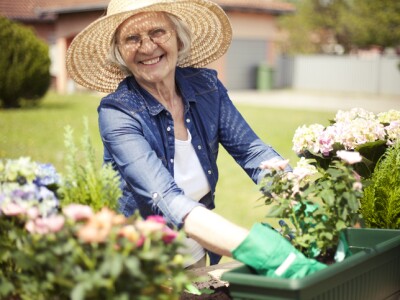Many seniors resist hearing aids due to stigma, cost, or denial. Learn why and how home care can support better hearing and quality of life.
Helpful resources and information for family caregivers
and others supporting an older loved one at home.
and others supporting an older loved one at home.
Whether you’re looking for information about dementia, coping techniques, or simply need a good laugh about caring for an aging loved one, these books will deliver.
Older adults often worry about losing their independence. Many of us are proud of the lives we’ve lived and don’t want to feel limited as we age. If you’re helping an aging loved one, remember that the wish for control over your own life is not one of the things that diminish over the years. So, how can you help your loved one continue to do the things they love?
Alzheimer’s and Dementia Caregiving
The FAST scale assesses the “functional” or daily observable changes and symptoms associated with Alzheimer’s disease or other dementias — and it can provide a useful map, as well as much greater understanding of the process of decline. But did you know that family members and loved ones can use this tool as well?
Your Care Needs
Help us understand your care needs. Then we’ll set up a free phone consultation so you
can get the right support and services to live and age successfully at home.
can get the right support and services to live and age successfully at home.




